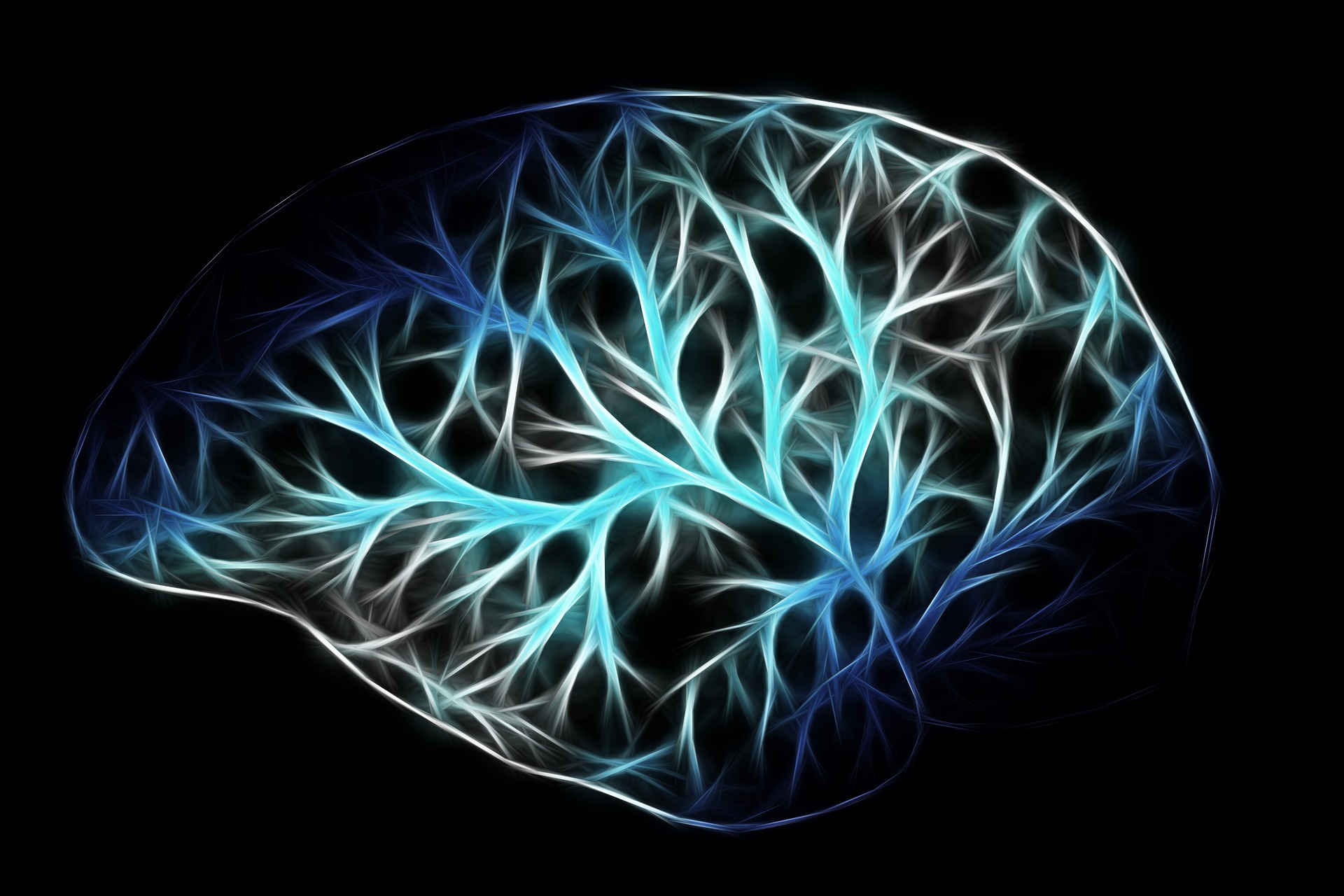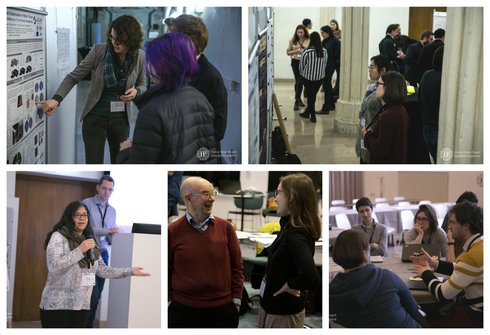Neuroethics in big brain initiatives
Many ethical and social issues are raised by neuroscientific findings, but neuroscience can also help answer fundamental questions. From the nature of consciousness and morality to the existence of a free will, to name a few. To identify and manage issues raised by brain research, anticipation, reflection, and cross-disciplinary dialogue are key. In a recent…
Dual-use in neuroscience: Beyond the civil-military dichotomy
Neuroscience is one of the most promising technologies of this century, with potential for great benefits in health, technology and economy. How can we promote the benefits and minimise the harms of this powerful technology? Inga Ulnicane makes the case for involving scientists and engineers in the process of identifying the dual uses of their…
What is intelligence? Theoretical contributions to AI ethics from the Human Brain Project
Several European projects are contributing tools for applied AI ethics. A recent paper in Science and Engineering Ethics from the Human Brain Project suggests that that ethical reflection on the practical aspects of artificial intelligence requires theoretical reflection and clarification of key concepts: What is intelligence? And how do we make the distincition between natural…
Working and living during the Covid-19 crisis: recommendations from the Human Brain Project
the Human Brain Project’s Karin Grasenick and Manuel Guerrero writes about responsible research and innovation and digital inclusiveness during the Covid-19 crisis and the I-Include initiative.
Who needs a Mentor? The High Potential Mentoring Programme of the HBP
The HBP implemented a “High-Potential Mentoring Programme” to provide cross-organisational, virtual mentoring, with a focus on improving or defining career opportunities for scientists and managers of science.





